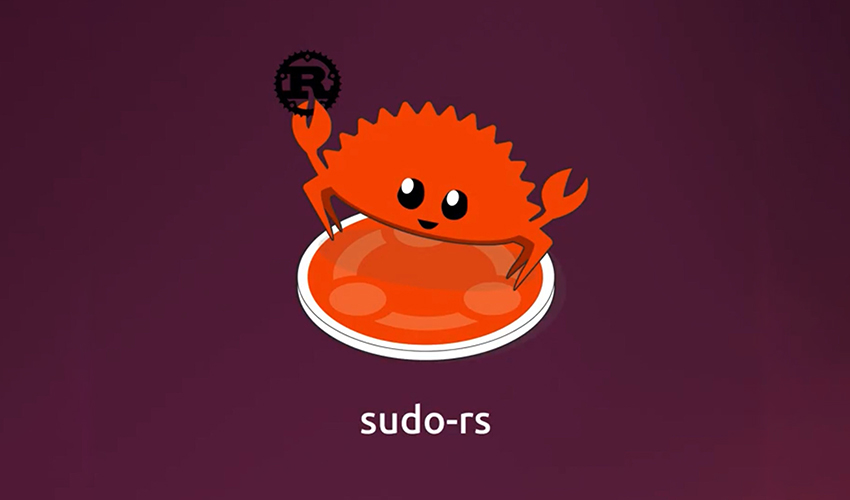
Introduction
Privilege escalation in Linux has always walked a tightrope between convenience and risk. sudo allows users to perform tasks as root without sharing the root password—intuitive, powerful—but also a high-value target for exploits rooted in memory safety bugs. Ubuntu is now pioneering a transition: replacing the traditional C-based sudo with sudo‑rs, a Rust-powered rewrite engineered for safer root handling.
Understanding sudo‑rs
Built under the Trifecta Tech Foundation’s “Privilege Boundary” initiative, sudo‑rs is a from-scratch implementation of sudo and su created in Rust, a language celebrated for its compile-time guarantees against memory mishaps. Designed to behave like the classic “sudo,” it supports user prompts, permission checks, and environment handling, but keeps underlying behavior Turing-equivalent.
Why Ubuntu Is Betting on Rust
Rust’s strict approach to memory usage eradicates whole classes of vulnerabilities—like buffer overflows and use-after-free—that have long plagued system tools. For a utility as privileged as sudo, these protections offer exponentially greater security value. Ubuntu’s strategy, dubbed “Carefully But Purposefully Oxidising Ubuntu,” is a methodical shift toward memory-safe tooling.
Transitioning in Ubuntu 25.10 and Beyond
Canonical has announced that Ubuntu 25.10 (“Questing Quokka”), scheduled for October 9, 2025, will ship sudo‑rs as the default /usr/bin/sudo. This serves as a proving ground ahead of Ubuntu 26.04 LTS (April 2026). Regular users will find no change—commands, flags, and password prompts remain familiar—while Ubuntu monitors real-world feedback.
Ensuring Compatibility
To deliver a smooth switch, Canonical is funding “Milestone 5” development in sudo‑rs to implement:
NOEXEC for shell escape control,
AppArmor integration,
sudoedit,Support for kernels older than 5.9 (critical for Ubuntu 20.04 containers).
A “less‑is‑more” philosophy guides, meaning legacy niche features—like LDAP-based sudoers—might remain absent. But, for most workflows, sudo‑rs should cover every essential feature.
Coexistence and Rollback
Ubuntu’s old sudo will still be available in the repositories and can be reselected via the alternatives system. Users needing features not yet ported to sudo‑rs can effortlessly revert.
Source: Read More
